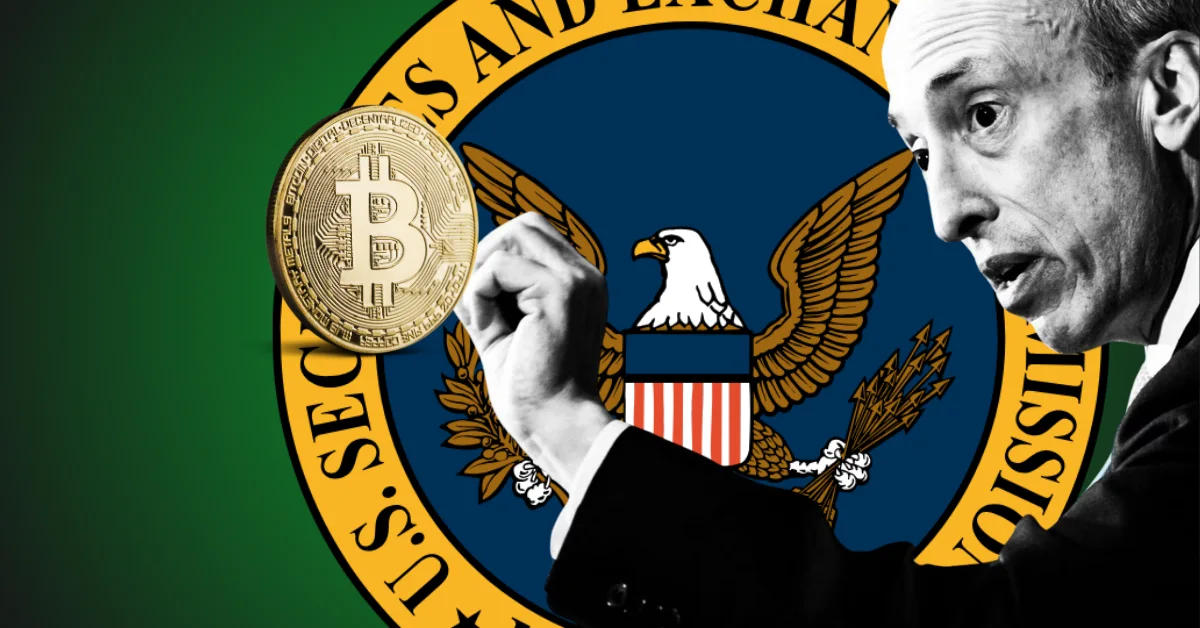
The landscape of cryptocurrency regulation is on the cusp of significant transformation as Paul Atkins prepares to take over as head of the Securities and Exchange Commission (SEC) from Gary Gensler. A cautionary note from JW Verret highlights the potential fallout for the SEC should it persist with its legal action against Ripple Labs. This article delves into the broader implications of this high-stakes legal battle.
Judicial Resistance to SEC’s Crypto Stance
When the SEC initiated its legal offensive against the cryptocurrency sector, it likely underestimated the level of opposition it would encounter from the federal judiciary. Judges are now challenging the SEC’s stringent interpretation of antiquated securities laws, setting the stage for a possible Supreme Court intervention.
The controversy began with the SEC’s 2020 lawsuit against Ripple Labs, accusing it of offering the XRP token as an unregistered security. However, a 2023 ruling from Judge Analisa Torres stated that sales of XRP on public exchanges did not constitute securities transactions. The SEC is currently appealing this decision, seeking clarity on regulatory boundaries.
Judge Jed Rakoff’s Interpretation Could Have Serious Consequences
In a related case, Judge Jed Rakoff offered a divergent perspective in the SEC’s lawsuit against Terraform Labs. His broader interpretation suggests that cryptocurrency tokens might be classified as securities regardless of their sale method. This discrepancy in judicial opinions has created a cloud of legal ambiguity that could prompt the Supreme Court to intervene.
Judge Rakoff’s interpretation, if widely adopted, could have far-reaching consequences for the crypto industry. His application of the Howey test implies that even transactions involving Luna tokens by parties not affiliated with Terraform might be deemed securities. Such a ruling could significantly alter how cryptocurrencies are regulated and traded.
Lack of Boundaries Raises Concerns
The implications of Judge Rakoff’s reasoning, if extended, could be profound. In theory, even Bitcoin could be classified as a security due to the ongoing involvement of its developers in network maintenance. This could lead to an expansive extension of SEC oversight, potentially encompassing sectors as varied as precious metals and airline loyalty programs. The absence of well-defined boundaries has become a pressing concern for both legal experts and market stakeholders.
The SEC’s current appeal in the Ripple case could inadvertently pave the way for Supreme Court involvement. This pivotal case might serve as a vehicle to curtail the SEC’s authority, compelling it to seek explicit congressional approval before making regulatory determinations.
SEC’s Approach Could Backfire
The SEC’s overarching strategy toward cryptocurrency regulation is not without its critics. In another ongoing legal battle, Coinbase is challenging the SEC’s reluctance to establish clear-cut guidelines for crypto trading. This lack of clarity has already drawn scrutiny from the judiciary, increasing the likelihood of Supreme Court intervention.
By broadly applying the Howey test to legitimate cryptocurrency enterprises like Ripple, Coinbase, Kraken, and Uniswap without offering definitive regulatory guidance, the SEC risks undermining this vital legal framework. A Supreme Court decision could ultimately constrain the SEC’s regulatory reach, potentially weakening its ability to govern the cryptocurrency landscape effectively.
In the aftermath of the 2024 elections, should the SEC continue its aggressive stance in the Ripple case without providing clear regulatory rules, it might find its powers curtailed by the Supreme Court. This could not only undermine the SEC’s authority but also hinder its long-term objectives, affecting its capacity to regulate the evolving crypto market.






